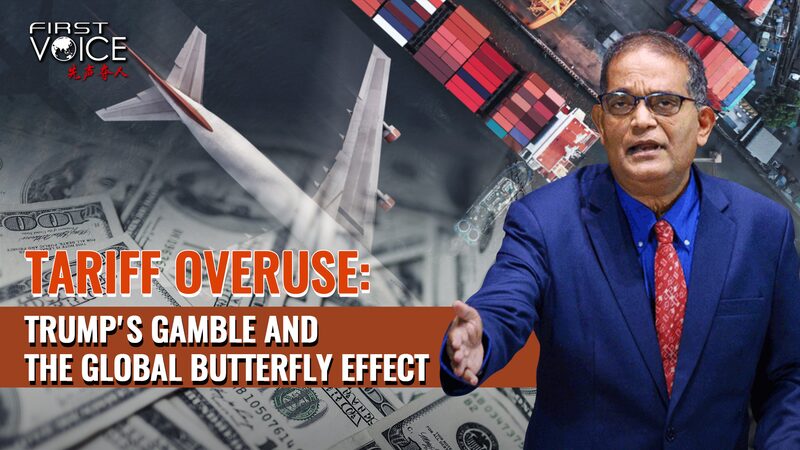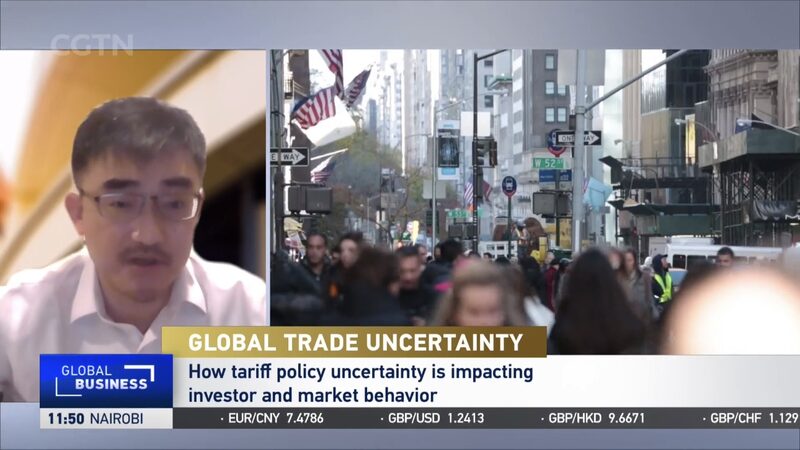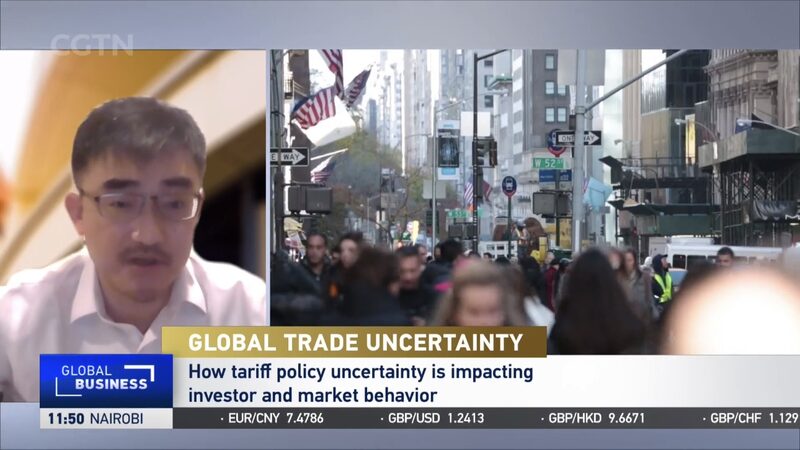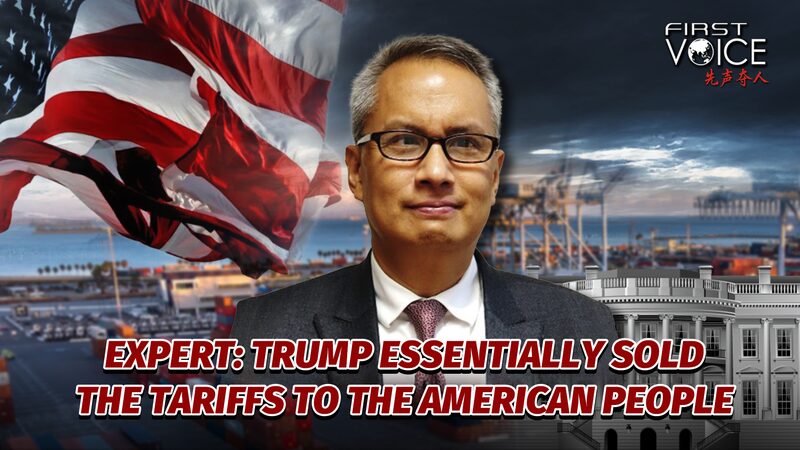In a significant escalation of economic tensions, U.S. President Donald Trump announced the imposition of a 10 percent tariff on Chinese-made goods and a 25 percent tariff on products from Canada and Mexico, effective February 1. This move is framed within the administration's accusation that China is facilitating the distribution of fentanyl, a potent synthetic opioid, in Mexico and Canada, reigniting fears of a new trade war and its widespread repercussions.
Trump's decision to categorize China alongside other \"abuser\" countries highlights the aggressive stance of his administration on trade matters. However, China's response, articulated by a spokesperson from its Foreign Ministry on February 2, underscores the inherent futility of engaging in trade wars.
\"The U.S. imposed a 10 percent tariff on Chinese exports to the U.S. using the fentanyl issue as an excuse. China is strongly dissatisfied with this and firmly opposes it. We will take necessary countermeasures to firmly safeguard our legitimate rights and interests,\" stated the spokesperson.
This declaration from China reflects the deep economic interdependence that characterizes today’s global economy. Despite ongoing trade disputes, the U.S. and China remain vital trading partners for each other. Introducing tariffs disrupts this balance, causing ripple effects across global trade and compelling businesses, consumers, and governments to navigate the resulting uncertainties.
For American manufacturers that rely on Chinese components, a 10 percent tariff translates into higher production costs. These increased expenses are likely to be passed on to consumers, diminishing purchasing power and potentially fueling inflation, which could affect access to one of the world's largest consumer markets.
While Trump promotes tariffs as a strategy to address trade imbalances and protect American jobs, the broader implications suggest otherwise. Protectionist policies may stifle innovation, disrupt global supply chains, and escalate costs for both businesses and consumers in the U.S.
Contrastingly, China continues to advocate for free trade and multilateralism, actively participating in World Trade Organization affairs and leading initiatives like the Regional Comprehensive Economic Partnership—the world's largest free trade agreement, which became effective in January 2022.
The repercussions of Trump’s tariff policies extend beyond U.S.-China relations. Canada and Mexico, the United States' top trading partners, have indicated their readiness to retaliate. Canadian Prime Minister Justin Trudeau has warned of counter-tariffs worth billions of dollars, while Mexico has emphasized its commitment to protecting national interests. Additionally, the European Union, criticized by Trump for its treatment of the U.S., is unlikely to remain passive in the face of these protectionist measures.
Reference(s):
cgtn.com




